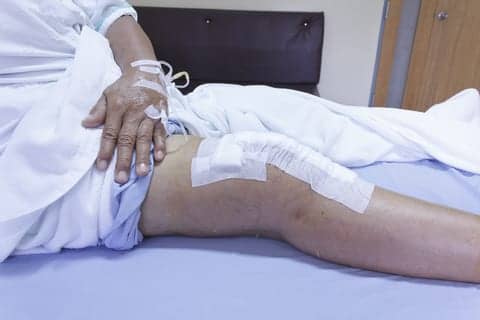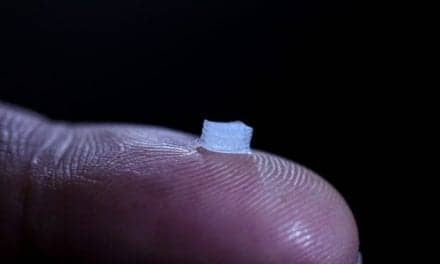Total knee replacements have reportedly increased threefold in a 16-year period. With demand for the procedure on the rise, there is a need for postsurgical pain control that is effective yet does not inhibit recovery. To hit this target, researchers from Detroit-based Henry Ford Hospital recently investigated whether an injection near the knee offered superior results to the traditional method of femoral nerve blockade.
Of 216 patients studied for pain control the first 2 days after surgery, half received a femoral nerve blockade near the groin area. The method relieves pain but also causes leg weakness, which reportedly caused some of the study subjects to be “somewhat tentative” when walking as they recovered shortly after the procedure, according to a media release form Henry Ford Hospital.
The other half of the study subjects received an insection of liposomal bupivacaine near the site of the surgery. Jason Davis, MD, senior author of the study, says that many patients were able to walk comfortably within hours after the surgery. Davis adds that the new method optimizes pain control in the very early stages of recovery without the undesirable side effects associated with the femoral nerve blockade.
“Function-wise, it was a lot easier for patients to move around more confidently,” Davis says. “In the past decade, we’ve made major advancements in pain control for knee replacement surgery. This option is a promising, viable one for our patients.”
Results of the study were presented recently at the American Association of Hip and Knee Surgeons meeting.






